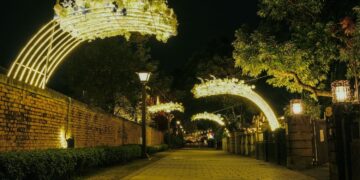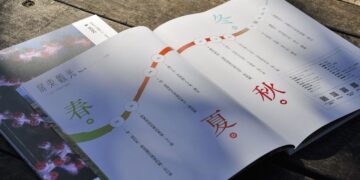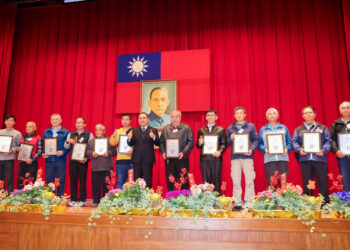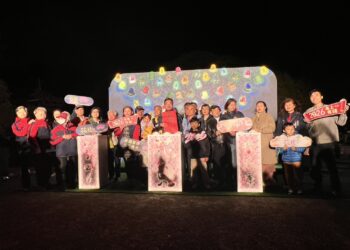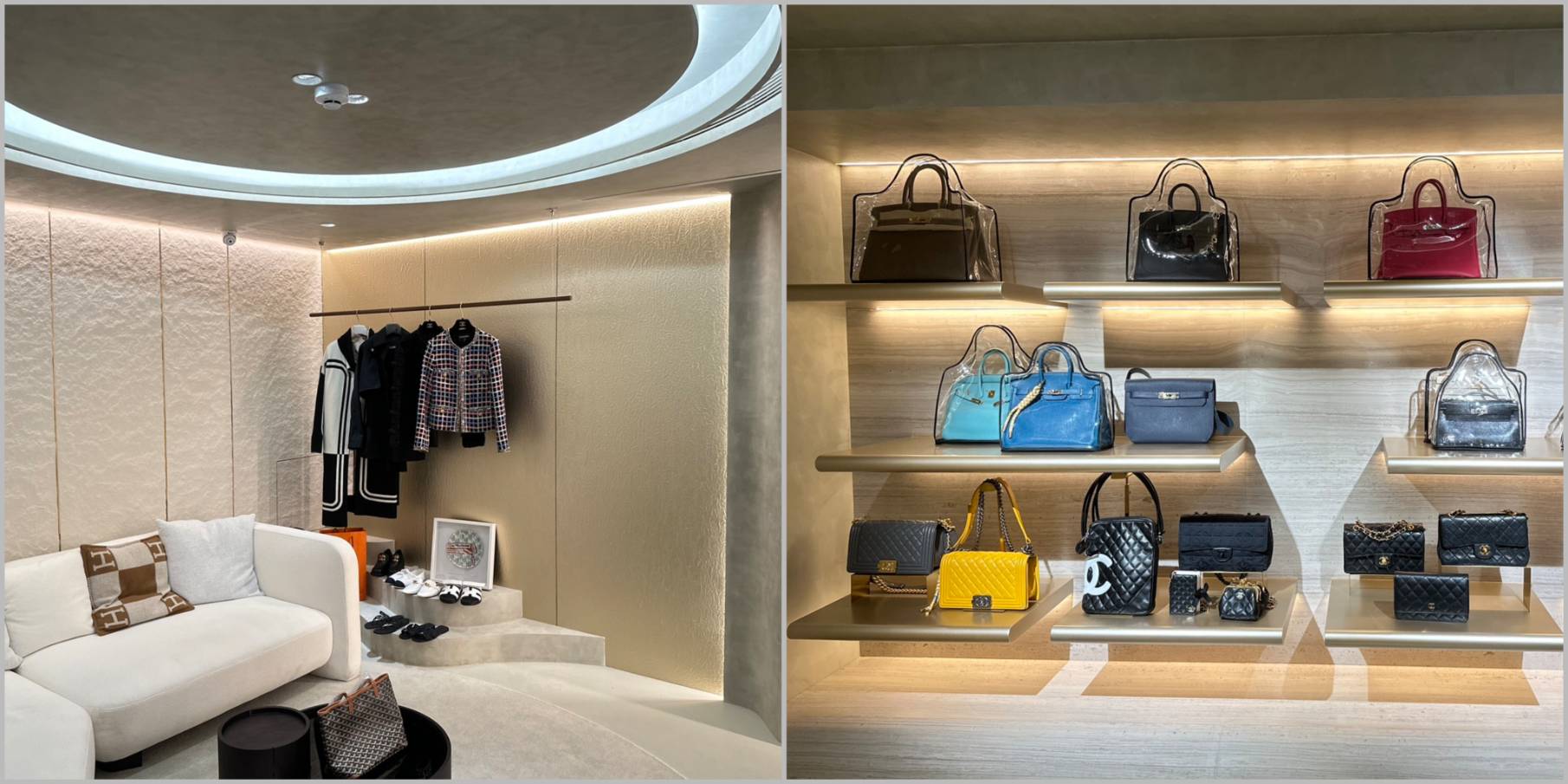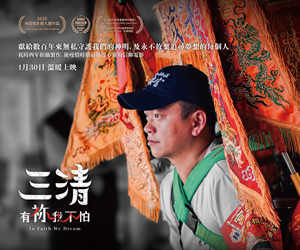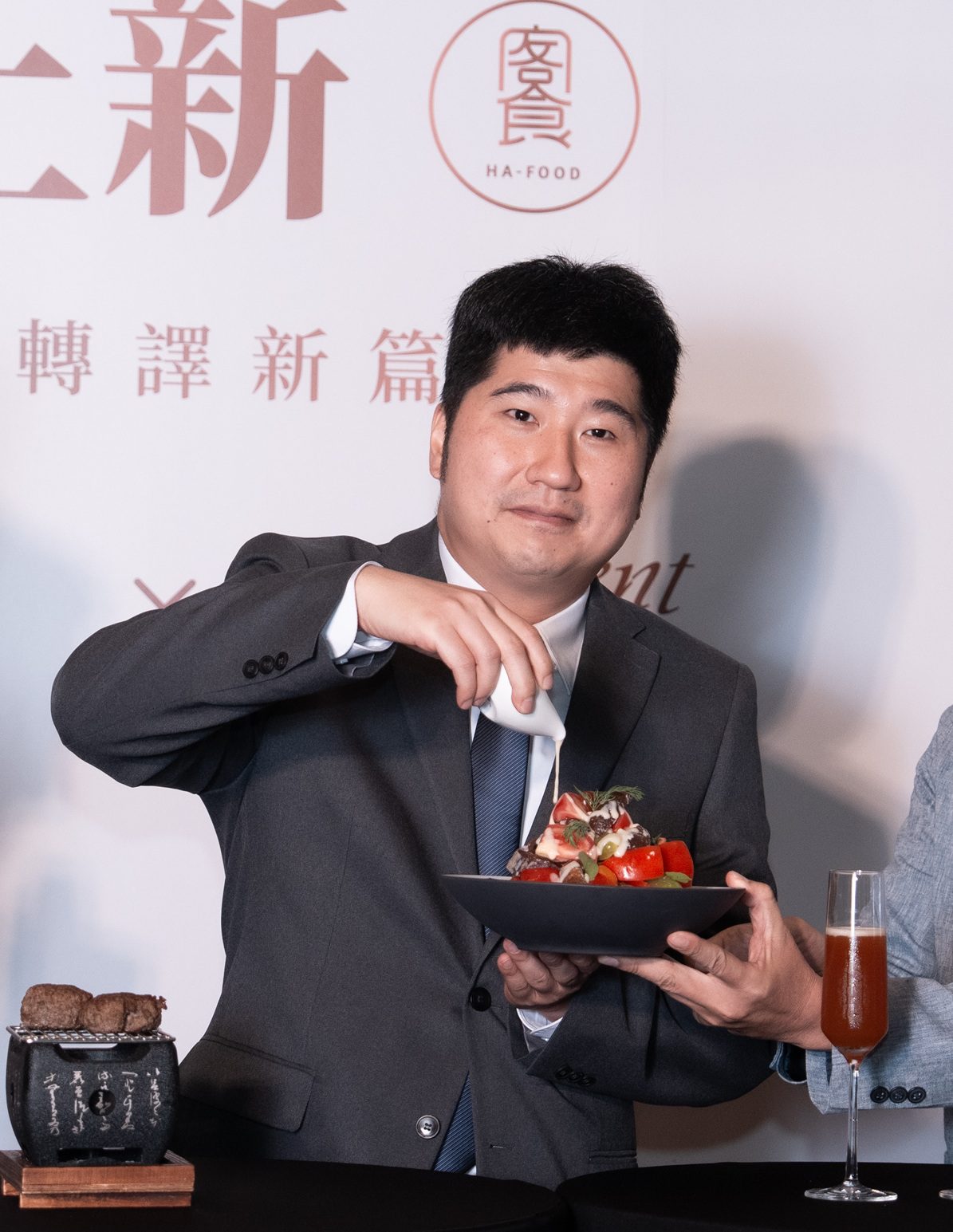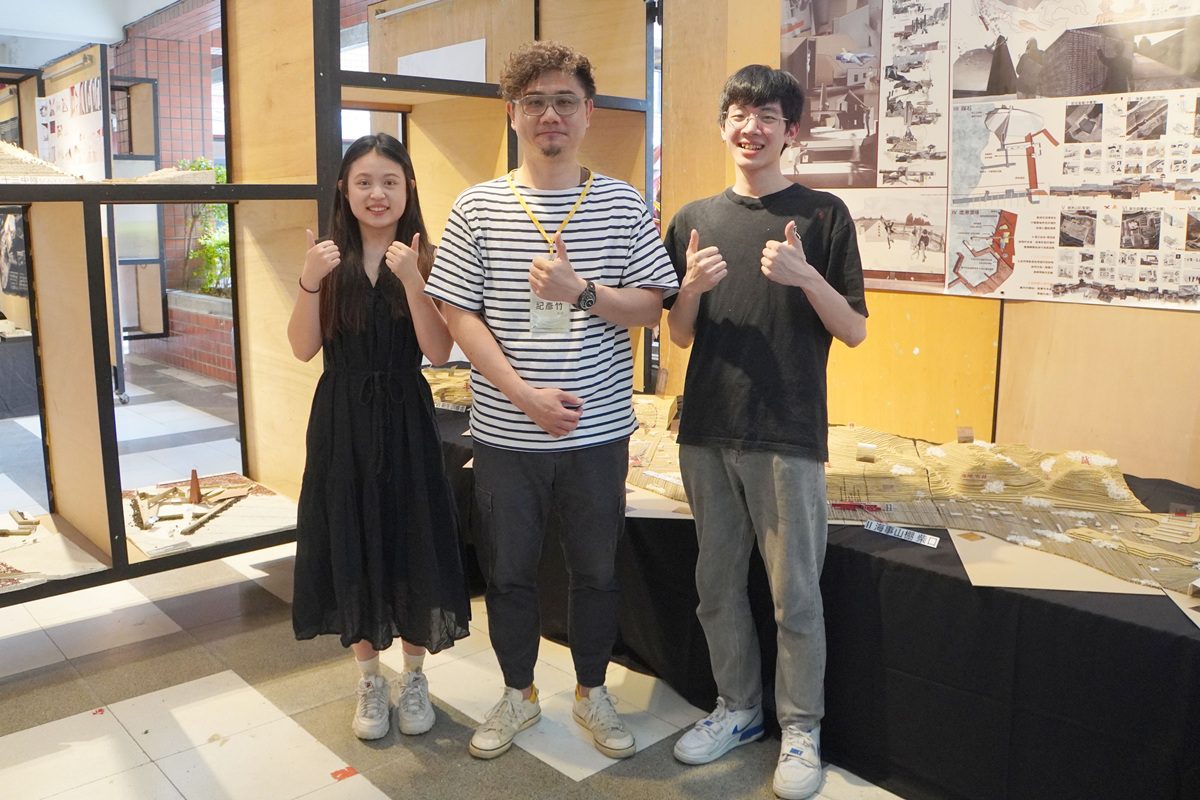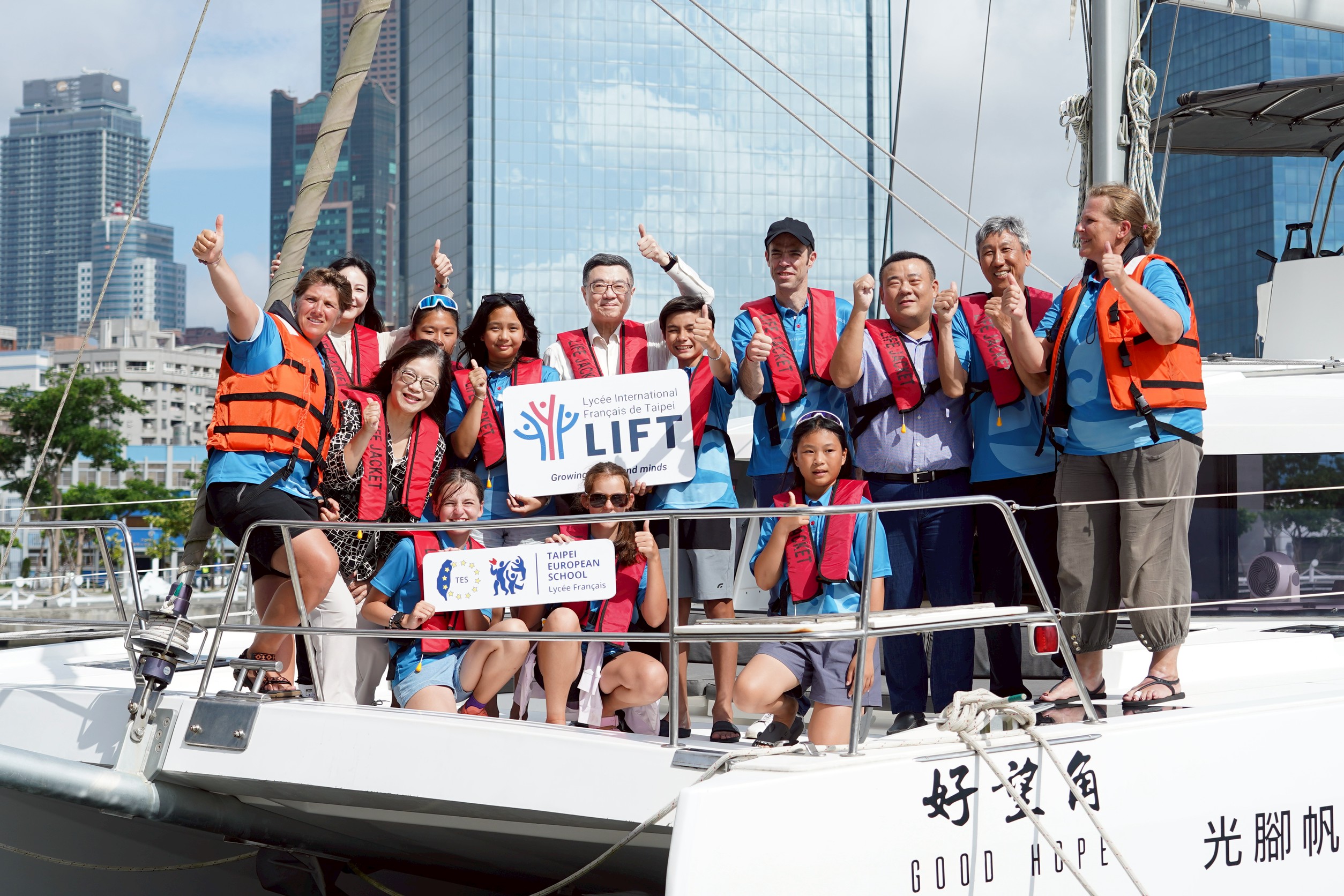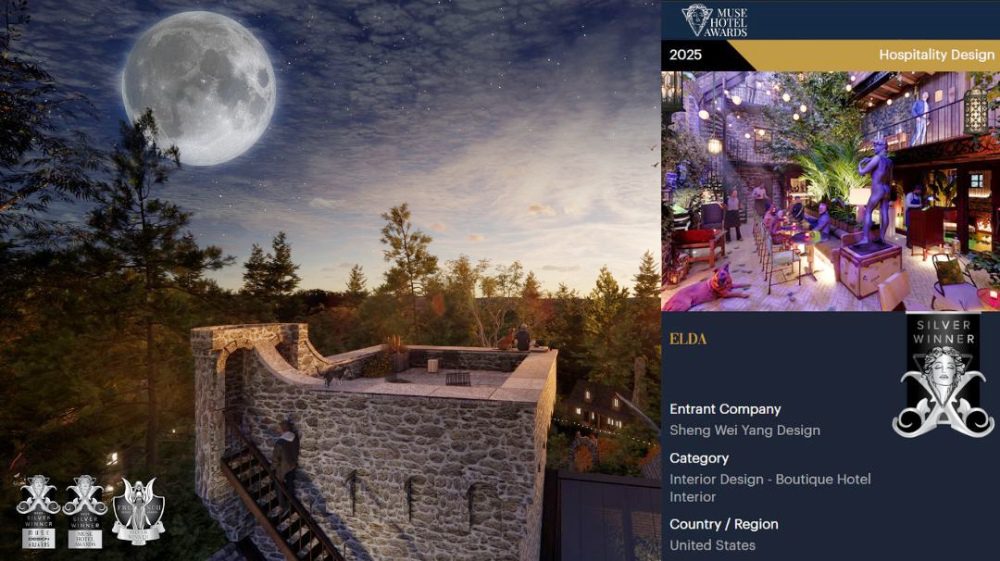
Reporter Zhang Chenqing / Taipei report
From micro-hospitality to sensory topography, Yang’s latest project blends nature, nostalgia, and New York architecture into an award-winning spatial narrative.
Interior designer Sheng Wei Yang has once again drawn international acclaim with Hudson Frontier – Rediscovering Elda, a boundary-pushing project that earned major recognition at three international design competitions: the 2025 MUSE Design Awards, 2025 muse hotel design award, and the French Design Awards.
Located deep within New York’s Hudson Valley, the project reawakens “Elda” — a once-abandoned private castle originally built by David Abercrombie, co-founder of Abercrombie & Fitch — as a contemporary retreat for urban explorers. Yang reimagines the space through the lens of “micro-hospitality,” using site-specific architecture to create a restorative, immersive environment rooted in American design heritage.
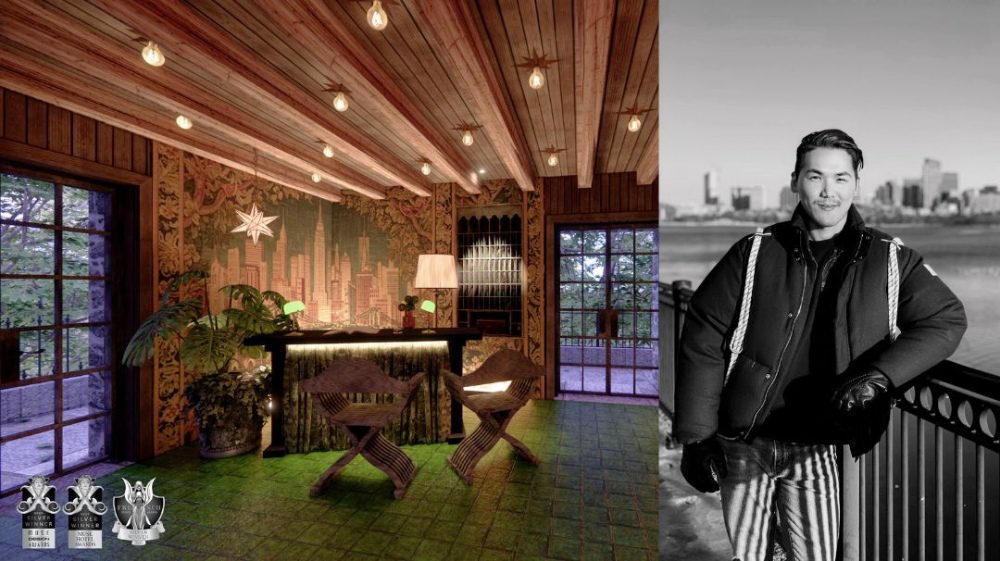
Picture: Elda_HudsonFrontier_2 ( Courtesy of the award organizers)
Although today’s memory of Abercrombie often conjures images of exclusivity, shirtless models, and heavy cologne, the brand’s earliest roots were far different — built on a spirit of wilderness, exploration, and rugged adventure. It is that original vision that inspires the design, reimagining the estate as a sanctuary where modern explorers can reconnect with nature, history, and the adventurous soul of the Hudson Valley.
“Hudson Frontier – Rediscovering Elda” has been recognized with three international design awards in 2025. At the MUSE Design Awards, it received a Silver Award in the category of Interior Design – New Category: Lodge and Camp, acknowledging its innovative approach to integrating wilderness hospitality aesthetics with contemporary spatial storytelling. It also won a Silver Award in the Interior Design – Boutique Hotel Interior category at the MUSE Hotel Awards, reflecting its success in creating immersive, small-scale luxury environments with a distinct design narrative. In addition, the project was honored with a Silver Award in the Interior Design – Hospitality category at the French Design Awards, reinforcing its international appeal and versatility in redefining destination-based interior experiences.
As an emerging interior designer, Sheng Wei (Wilson) graduated from the New York School of Interior Design (NYSID) and built experience across prestigious firms, including ForrestPerkins/Perkins Eastman and HOK.
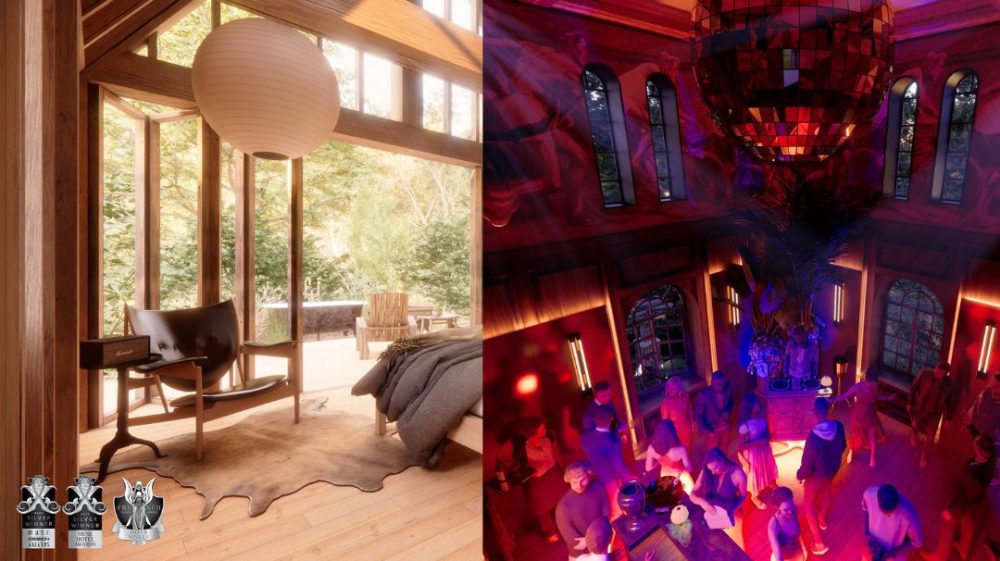
Picture: Elda_HudsonFrontier_3( Courtesy of the award organizers)
Now specializing in hospitality and sports and entertainment, Sheng Wei has contributed to landmark projects such as the Hermitage Hotel, Fairmont San Francisco Penthouse, and the new NYCFC Stadium in Queens, NY.
Through “Hudson Frontier,” Sheng Wei Yang explores a new vision for hospitality — one that is adventurous, nostalgic, and deeply rooted in the American spirit of exploration. This is not just a retreat, but a return to a lost way of experiencing the world: with curiosity, courage, and a sense of wonder. By reviving Elda and uncovering the forgotten stories along the Hudson River, the project invites today’s travelers to step away from the ordinary and embrace a journey back to nature, history, and self-discovery.
Elda is only the beginning — the first chapter of a larger story. Across the Hudson Valley, many long-forgotten places still wait to be rediscovered, their histories hidden among the hills and riverbanks. “Hudson Frontier” is a promise that more chapters will unfold, unlocking new destinations where the spirit of adventure lives on. In breathing new life into Elda, this project becomes more than a destination — it becomes a living story, waiting for each guest to step in and write their own.
Image Credits: Courtesy of the award organizers and the official submission materials provided by MUSE Design Awards, MUSE Hotel Awards, and French Design Awards.












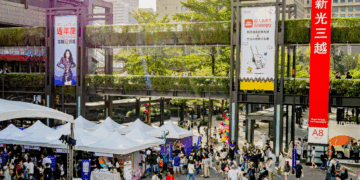








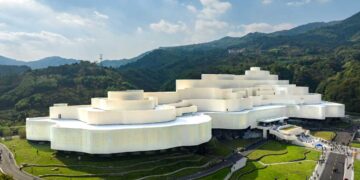

-26-360x180.jpg)

-360x180.jpg)










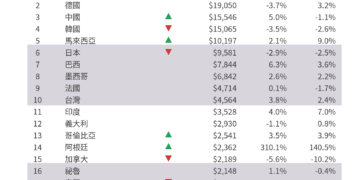

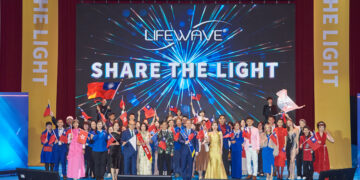
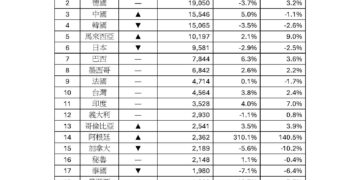











-360x180.jpg)

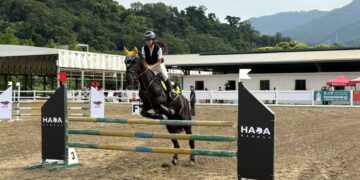



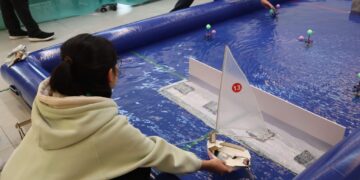

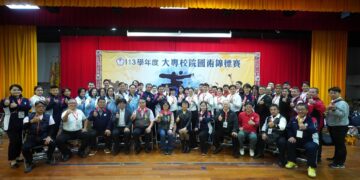



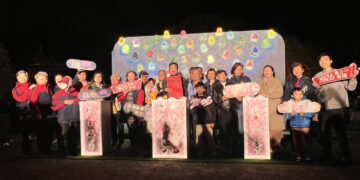


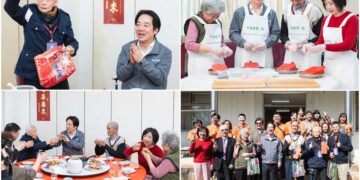




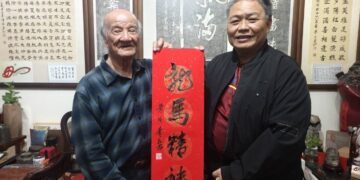


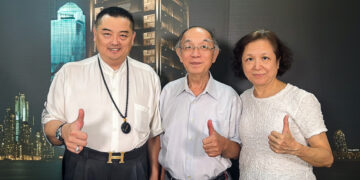





欣賞謝德祥副總(右)在裝修業的專業實力,並認為天然防潮石膏磚)-360x180.jpg)



